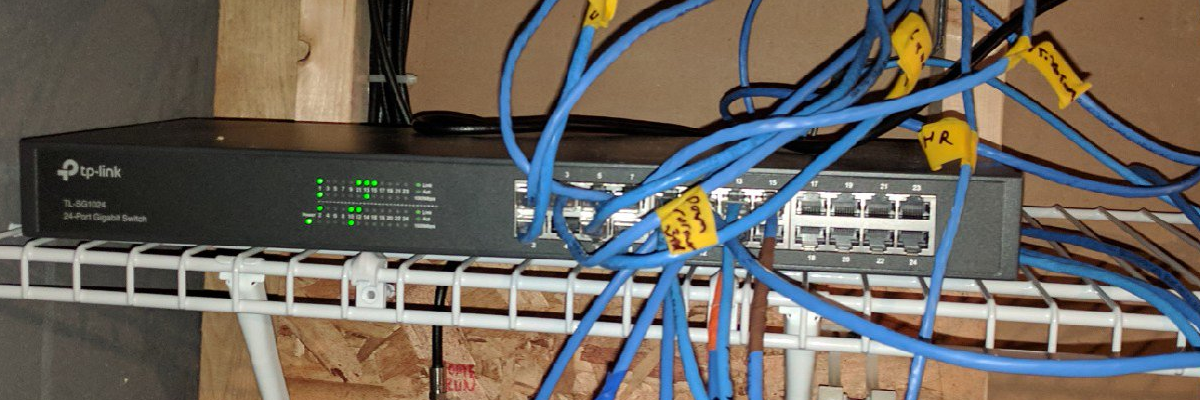wagesj45
Great American humorist. C# developer. Open source enthusiast.
XMPP: wagesj45@chat.thebreadsticks.com
Mastodon: wagesj45@mastodon.jordanwages.com
Blog: jordanwages.com
- 2 Posts
- 50 Comments
And hundreds of thousands of years of evolution pre-training the base model that their experience was layered on top of.

 4·9 months ago
4·9 months agoFeeling very Clardic Fug today.

 21·9 months ago
21·9 months agoAny reasons why you can’t recommend it?

 2·9 months ago
2·9 months agoInteresting, because I saw a 20 point increase between vanilla Firefox and Mercury when testing last night.

 4·9 months ago
4·9 months agoThat’s not a bad idea. Surely it could be automated within the image. If my ADHD allows me I might take a look at it later. :D

 7·9 months ago
7·9 months agoLooking at the installation instructions, it requires you to run database migrations manually with every image docker image update. Does this mean that running watchtower is going to bork this thing?

 41·9 months ago
41·9 months agoProxmox on physical servers hosting a variety of vanilla Debian installations. I have a physical router running pfsense as well as two HP miniservers running OpenMediaVault.

 9·9 months ago
9·9 months agoThat’s never stopped us before.

 5·10 months ago
5·10 months agoThe problems I’ve had with my RPis have all revolved around the fragility of their SD storage. I got burned one too many times trying to host something important in my house with these things, just for them to get corrupted and lose everything. Backing up these systems was its own nightmare, which failed as much as it succeeded.
What’s wrong with that?

 63·10 months ago
63·10 months agoI don’t think you’ve properly thought through the consequences of not considering IP rights for projects with a significant number of contributors. There are absolutely situations in which having a single IP holder is advantageous to having multiple IP holders. Large open source projects might find governance hard when they’re hamstrung by getting consensus from hundreds or thousands of contributors.
And yes, I did read the title and the post. I understood it.

 37·10 months ago
37·10 months agoCopyright and license agreements are not at all the same thing. And just because something is “open source” doesn’t mean that it is free of copyright.

 3·10 months ago
3·10 months agoIf my understanding of the GPL is correct, you can definitely build it yourself and publish it on fdroid. Can’t use the same name or any trademarks noti has, though.

 31·11 months ago
31·11 months agoIf they could force you to pay a royalty every time you so much as thought of a book you once read, they’d do it in a heartbeat.

 752·11 months ago
752·11 months agoTomato, tomato, as far as they’re concerned.

 111·11 months ago
111·11 months agoJudging by the crash test videos of the Cybertruck, this does not surprise me in the least. Why make cars safe when you could just not save some money?

 4·11 months ago
4·11 months agoIt wouldn’t be FOSS because a landing page with nothing but content isn’t software. I’m referring to the site at blender.org vs the source code for an application at a git repository.

 13·11 months ago
13·11 months agoI would suggest actually naming the license under which it is released if you’re talking about the website that is generated by your software. If you’re talking about the content of a website describing your project, like a landing page or something like that, I’d either attribute copyright to who wrote the content, or release it under a Creative Commons license such as CC-BY-NC.

 632·1 year ago
632·1 year agoYou mean Chromium Brave Edition?



Adorable.